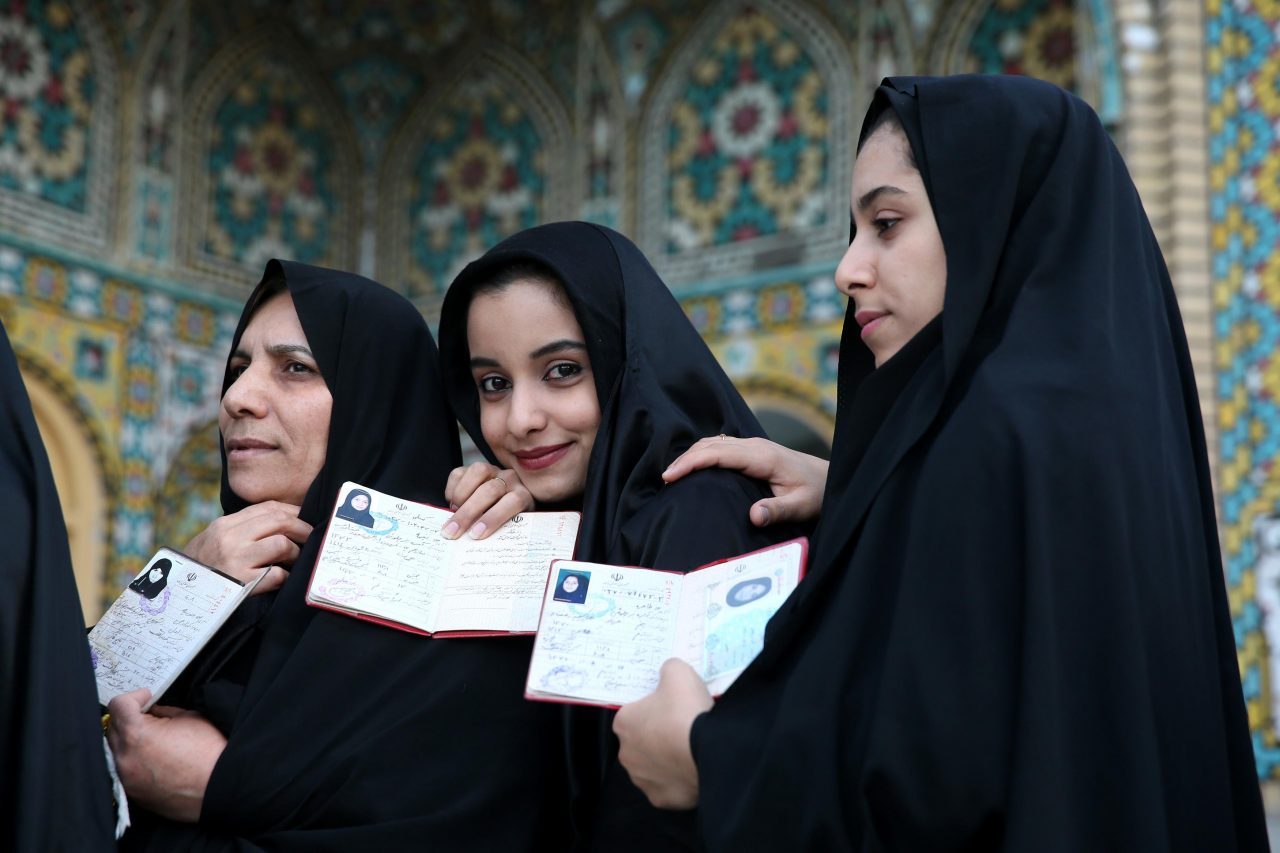È un Iran che ha voglia di rinnovamento quello uscito dalle elezioni del 26 febbraio, le prime da quando sono state tolte le sanzioni dall’Occidente. L’elemento che, ancor prima dei risultati elettorali, è balzato all’occhio è il dato sull’affluenza. Dei 55 milioni di elettori ha votato il 62%, il 23% in più rispetto alle parlamentari del 2012. Gli iraniani erano chiamati a scegliere il nuovo Parlamento, chiamato Majlis, e l’Assemblea degli Esperti, l’organo deputato a supervisionare l’operato della Guida Suprema. In lizza per i 290 seggi al Parlamento e gli 88 posti da religioso c’erano 4.844 candidati, tra cui 500 donne. Nei 52mila seggi ripartiti nelle 207 circoscrizioni in cui è suddiviso il Paese ha votato così tanta gente che si è dovuto tenere aperte le urne ben oltre l’orario stabilito. Il voto rappresentava il banco di prova per riformisti e conservatori, che si sfidavano per le sorti dell’Iran che verrà. A trionfare sono stati i riformisti, tra cui c’è l’attuale presidente Hassan Rohani, che chiedono di proseguire sulla strada dell’apertura del Paese al mondo. All’opposizione invece finiscono i conservatori, che fanno capo all’attuale guida suprema Ali Khamenei, che fino a oggi hanno detenuto l’attuale maggioranza sia all’Assemblea degli Esperti sia al Majlis.
L’Assemblea degli Esperti. In particolare è interessante osservare l’esito del voto per l’Assemblea degli Esperti, poiché è da essa che scaturiscono le linee guida spirituali. Inoltre, durante il mandato (di otto anni) l’Assemblea sceglie al suo interno il successore della Guida Suprema: si tratta di eleggere il secondo successore di Komeini dopo Ali Khamenei, il quale ha già 76 anni e gode di una salute precaria. Avere un posto nell’Assemblea degli esperti è fondamentale per quanti appartengono alla nomenklatura religiosa iraniana. In lizza per avere un seggio c’erano l’attuale presidente Hassan Rohani, il capo della Giustizia, Sadeq Larijani, e il presidente del Consiglio dei Guardiani, Ahmad Jannati. C’era anche l’ex capo di Stato, l’ayatollah Rafsanjani, che è già stato presidente dell’Assemblea dal 2007 al 2011. Nessuna donna.
GUARDA LA GALLERY (8 foto)
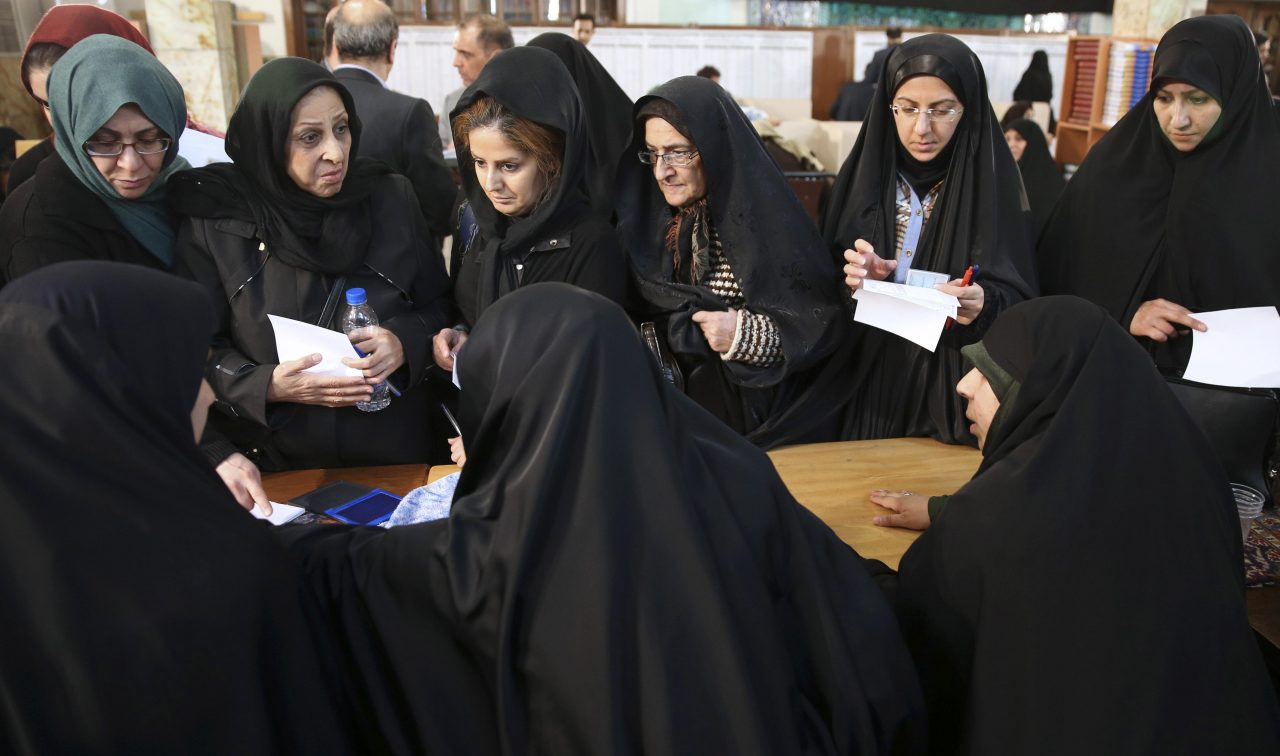
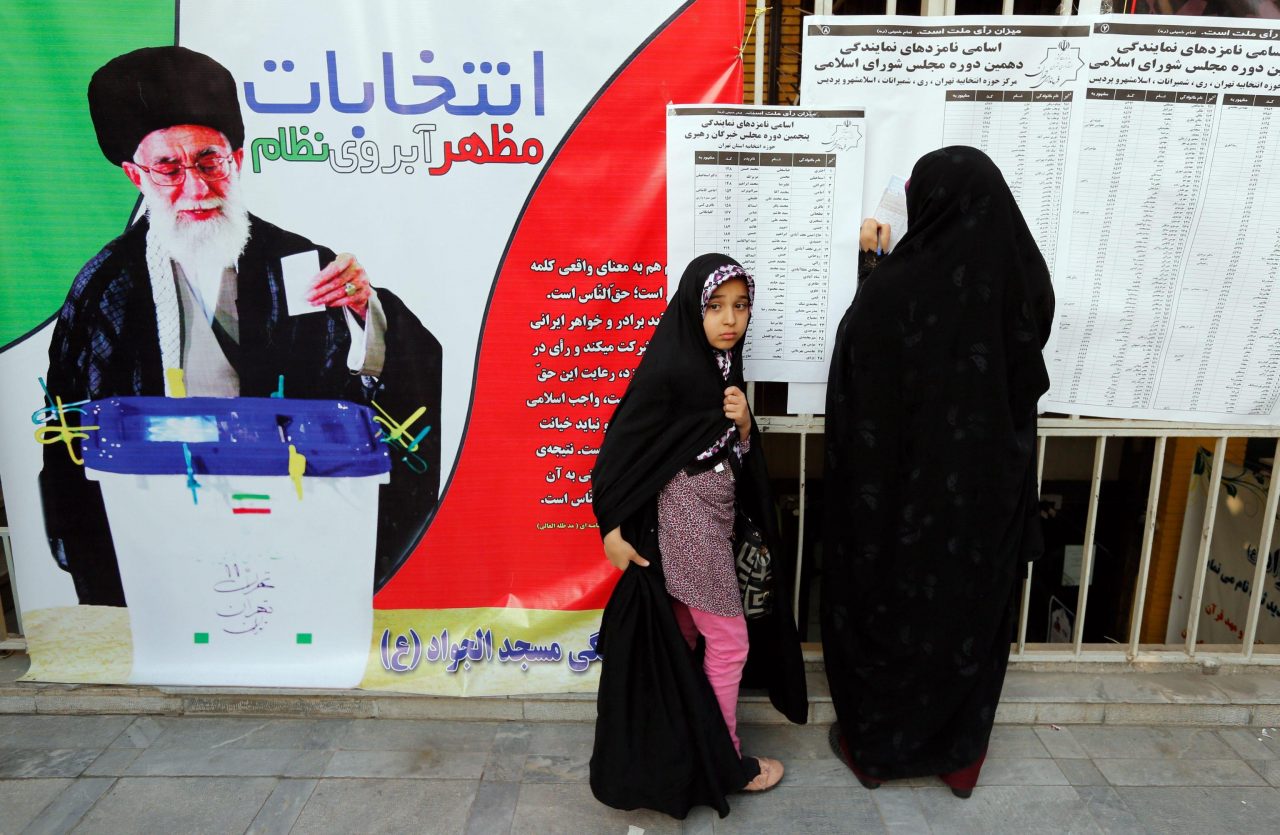
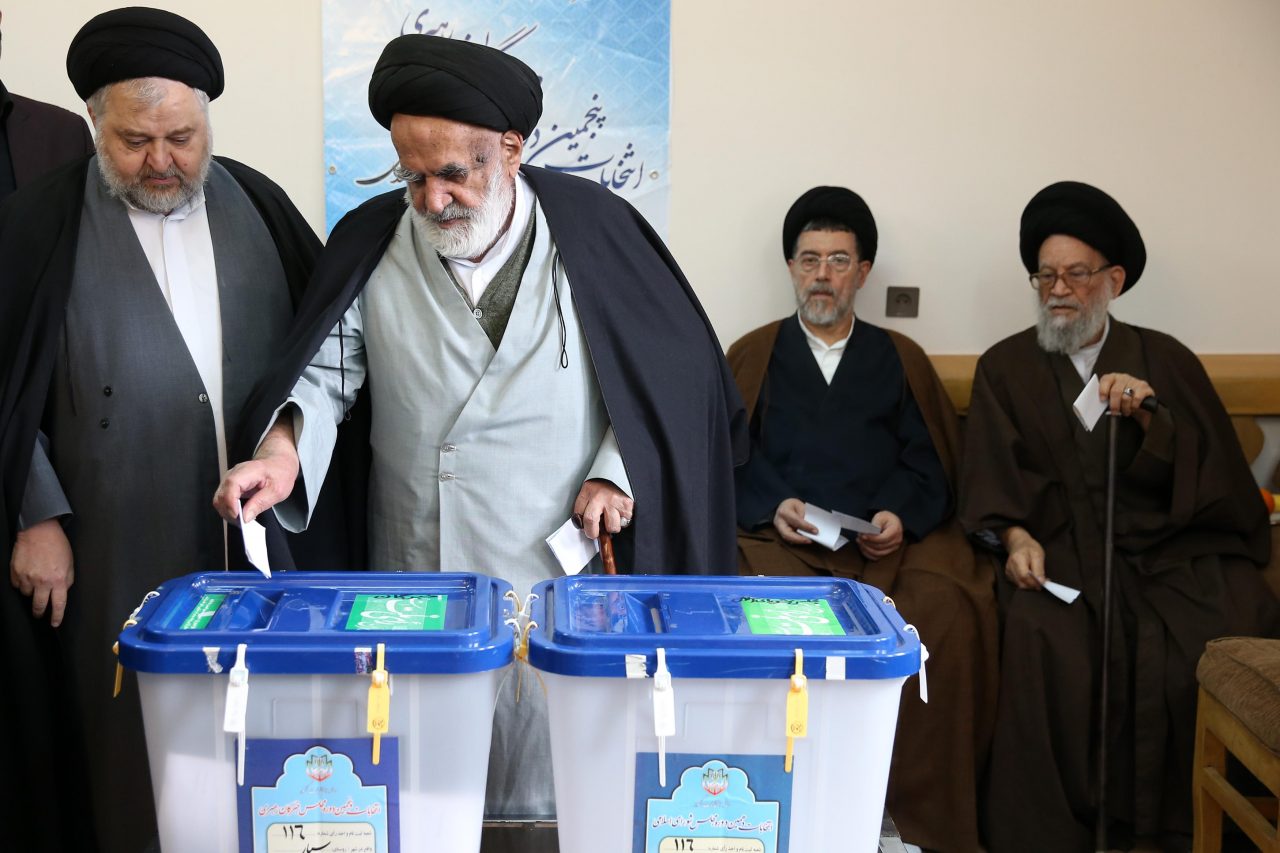
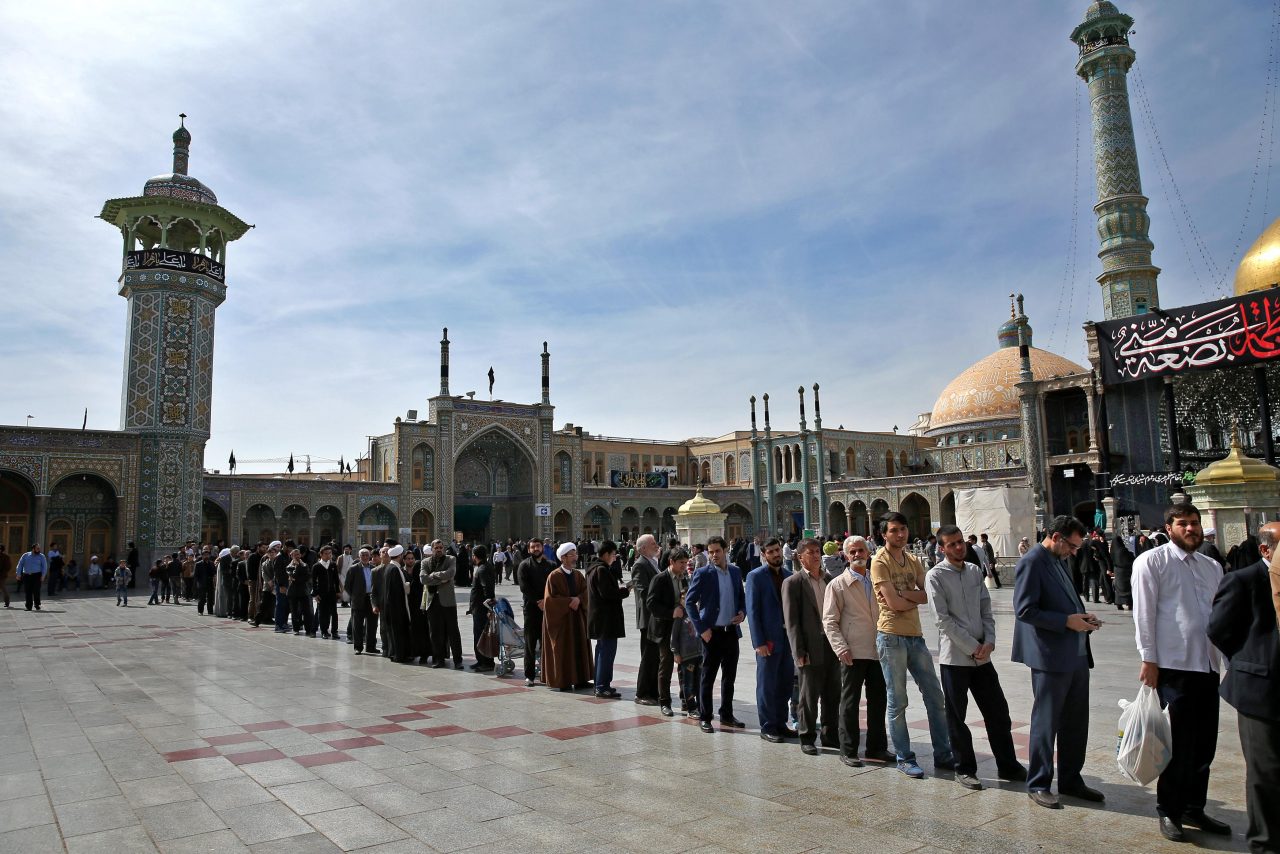
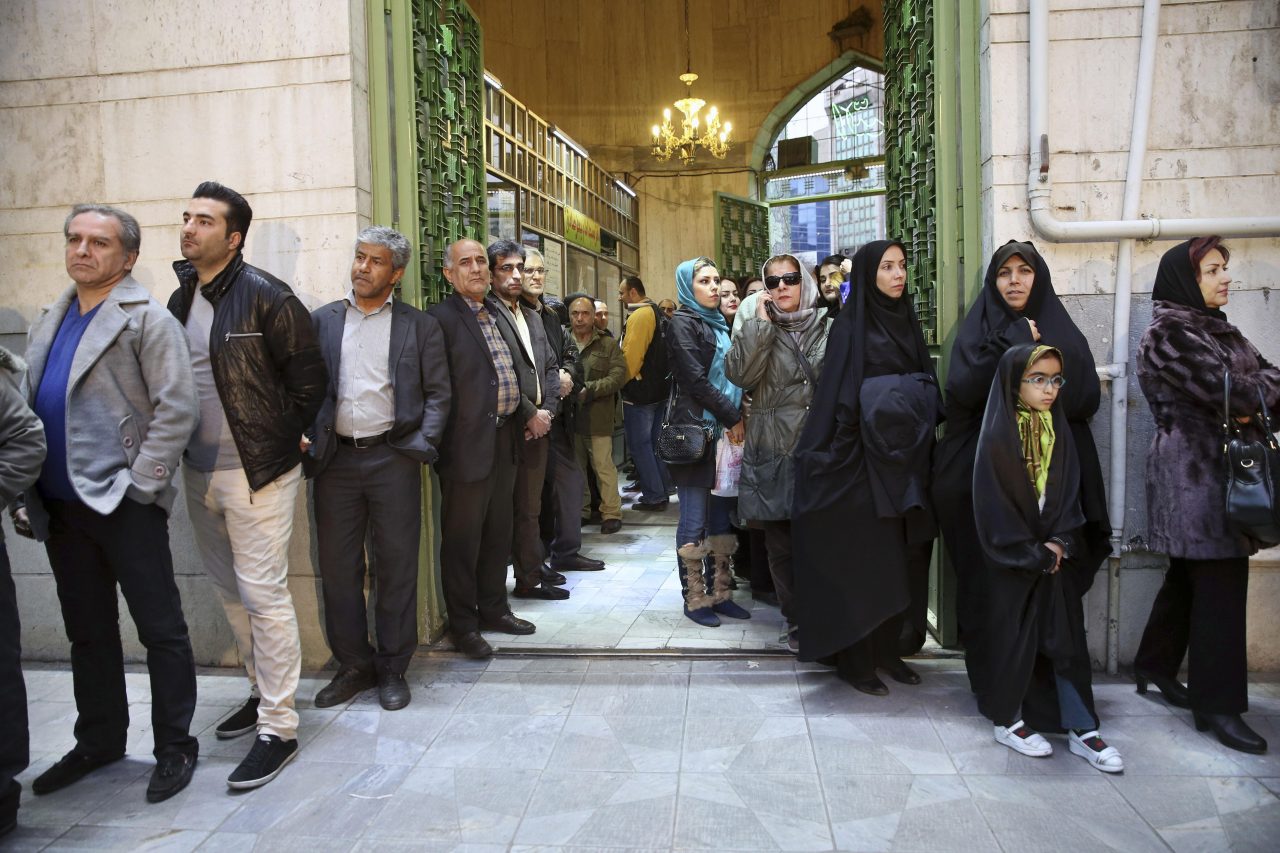
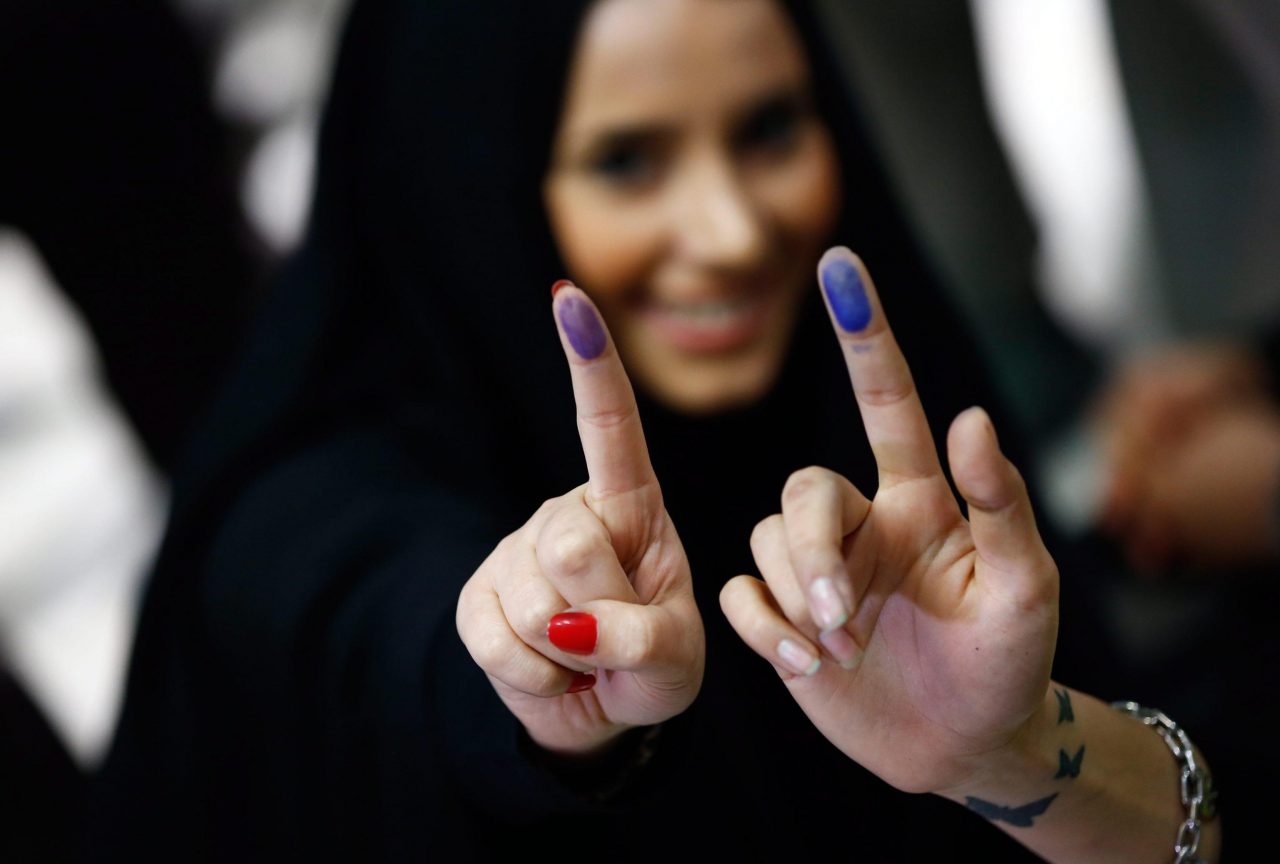
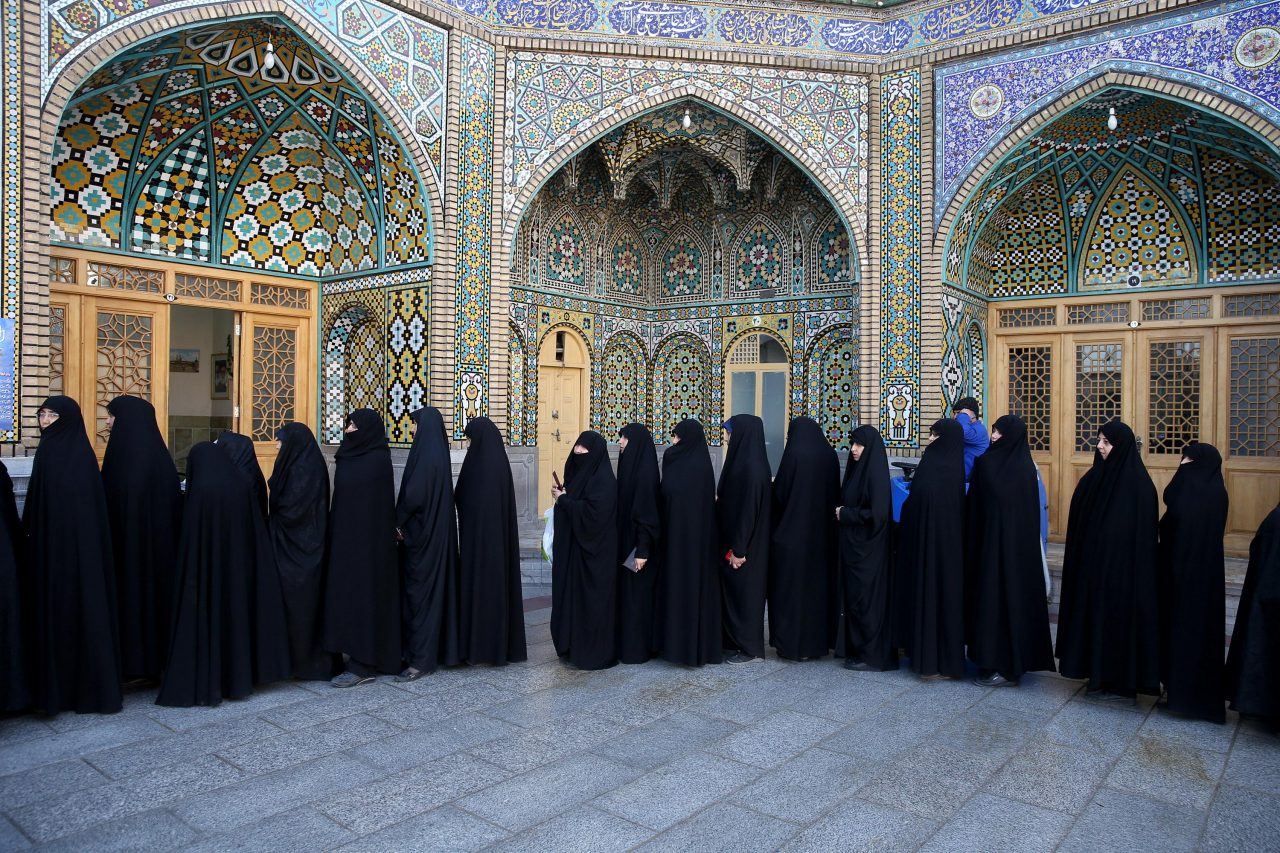
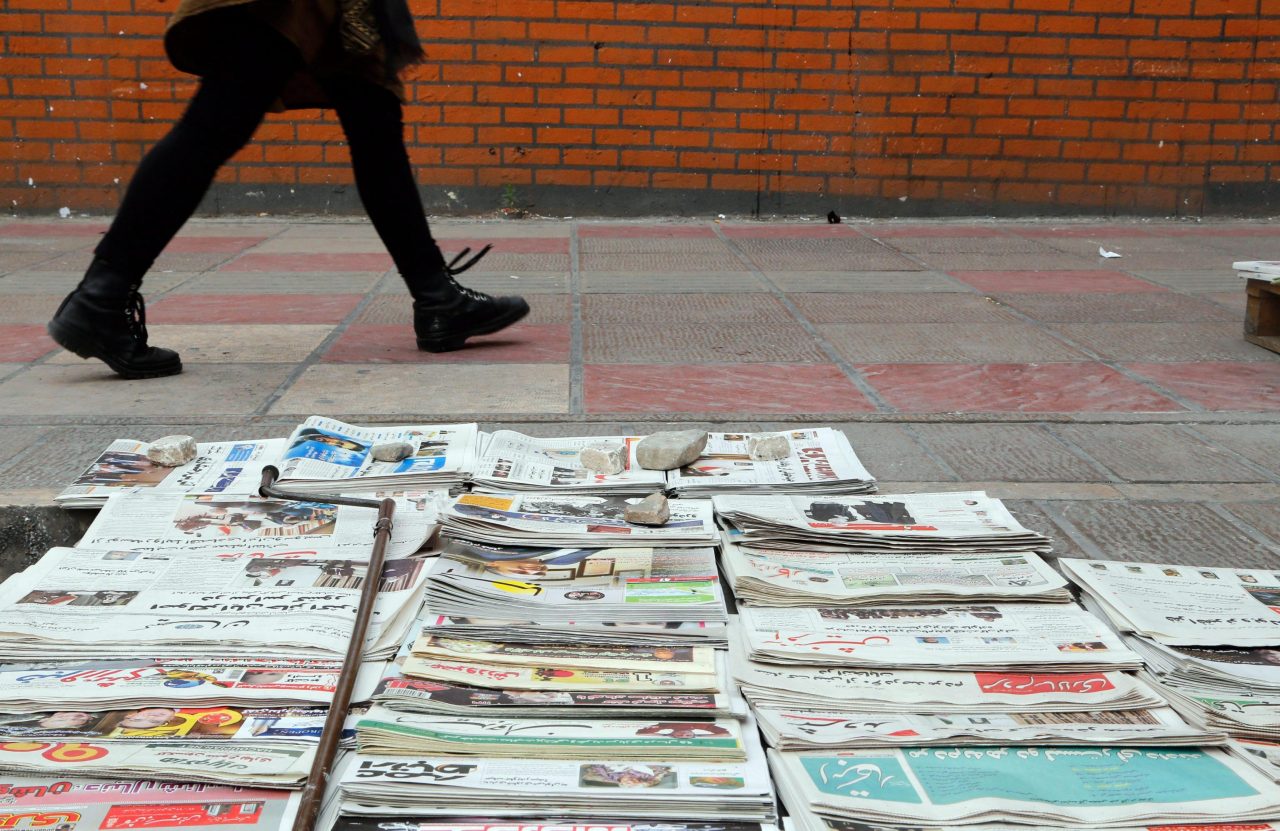
Il Majlis. Il Parlamento, che sta in carica 4 anni, invece è composto da 290 deputati ed è l’organo incaricato di redigere le leggi. Di tutti i seggi cinque sono riservati alle minoranze (due agli armeni, uno agli ebrei, uno agli zoroastriani e uno ai cristiani assiri). Sebbene la funzione legislativa non gli sia propria, perché spetta al Consiglio dei Guardiani che vigila affinché le leggi siano conformi ai testi islamici, il Majlis è luogo di vivace dibattito politico. Anche perché spesso nella storia dell’Iran post rivoluzione si è verificata una situazione in cui al Parlamento ci sono state forze opposte a quelle alla Presidenza.
La scrematura dei candidati. Una prima scrematura dei candidati è avvenuta dal Consiglio dei Guardiani. Condizione di base per candidarsi era quella di avere un’età compresa tra i 26 e i 75 anni e professare la religione islamica (ad eccezione dei seggi per le minoranze). Inoltre alle elezioni non si potevano presentare coloro che hanno ricoperto ruoli di governo prima della rivoluzione del 1979, quella guidata da Ruhollah Khomeini da cui nacque la Repubblica Islamica dell’Iran. Complessivamente in origine avevano presentato la propria candidatura alle parlamentari oltre 12mila persone, ma il Consiglio ne ha approvata la metà, squalificando una gran parte di esponenti dell’ala riformista. Di questi poi, 729 candidati si sono ritirati spontaneamente. Su cinquemila aspiranti candidate sono state ammesse 500 donne.
Vittoria dei riformisti. Come accennato hanno vinto i riformisti. I risultati finali hanno confermato quanto già ampiamente anticipato dalle proiezioni: il fronte riformista guidato dal presidente Hassan Rohani e dell’ex capo di stato Hashemi Rafsanjani ha conquistato nella capitale Teheran 15 dei 16 seggi disponibili per l’Assemblea degli Esperti. In particolare Rafsanjani è risultato essere il candidato più votato in tutto il Paese con 2.301.492 preferenze, quasi un milione in più di Ahmad Jannati, che è stato il più votato tra i conservatori. Rohani, invece, è stato votato da 2.238.166 persone. Tra i conservatori si è registrata la pesante sconfitta dell’ayatollah Mohammad Yazdi e di Mohammad Taghi Mesbah Yazdi. Il primo era l’attuale capo dell’Assemblea mentre l’altro era tra i principali ispiratori della politica dell’ex presidente Mahmoud Ahmadinejad. Per quanto riguarda il Parlamento sono state elette 13 donne, e per quanto riguarda la capitale Teheran tutti i 30 seggi a disposizione se li sono aggiudicati i riformisti. Nelle aree rurali invece, che costituiscono le zone meno popolate del Paese, hanno tenuto i conservatori, dimostrando ancora una volta le complessità della società iraniana.


